The advent of Artificial Intelligence (AI) has transformed numerous industries, ushering in unprecedented changes and driving innovations at an accelerated pace. In the domain of software development, AI's influence is profoundly reshaping established practices and methodologies. From AI-driven development tools to enhancements in programming, the impact of AI on software practices is undeniable and expansive.
As we edge closer to a more AI-integrated world, the role of AI in software development is becoming more critical. Developers are now leveraging AI technologies in development to automate mundane tasks, optimize code, and even generate coding solutions through advanced algorithms. The AI-driven development tools are not only enhancing productivity but also revolutionizing how software solutions are envisioned and executed.
Recent updates in AI for code optimization include Microsoft's unveiling of serverless fine-tuning for its Phi-3 small language model, which promises more personalized and efficient AI interventions in coding processes. This development indicates a significant leap towards more adaptive and intelligent tools that can understand and augment human coding efforts with greater precision.
The evolution of AI in software development is also evident in the realm of secure communications. A developer from Signal recently discussed why early encrypted messaging tools did not meet user expectations. These tools, although pioneering for their time, lacked the sophisticated AI integration necessary for robust performance and user-friendly interfaces. Today, modern software development AI techniques are being employed to enhance these tools, making them more secure and easier to use, thereby increasing their adoption rates.
In this rapidly evolving sector, there is a clear message for professionals: adapt or risk obsolescence. In the age of AI, mere coding skills—often referred to pejoratively as "code monkeys"—are no longer sufficient. AI for software developers is not just a tool but a necessary part of the curriculum. As tech giants predict a transformation in 92% of ICT jobs due to AI, there is an urgent need for upskilling in AI and software engineering to remain relevant and competitive.
Corporate Adaptations to AI Shifts
Companies are recognizing the need to pivot towards these new technologies to stay ahead. For instance, Dell's recent decision to cut staff as part of its strategic shift towards AI highlights the broader industry trend where AI integration in software development is becoming central to corporate strategies. Dell executives argue that this pivot will not only streamline operations but also make jobs more fulfilling by eliminating tedious tasks and allowing employees to focus on more creative and impactful aspects of their roles.
Despite these advancements, there's a growing sentiment of disenchantment among some developers, as expressed in the poignant piece "I lost my love for the web." This narrative sheds light on the alienation felt by some professionals who see the increasing impersonality of tech interactions driven by AI. It's a reminder that while AI enhances capabilities, it also necessitates a balanced approach that values human insight and creativity.
Amidst these shifts, some entities are making notable strides and gaining recognition for their innovative contributions to AI in software development. Tabnine, for example, recently clinched the AI Innovation Award for its outstanding presentation at VB Transform 2024. Such accolades not only underscore the advancements in AI-driven development tools but also highlight the community's acknowledgment and support for forward-thinking solutions.
As Microsoft continues to push the boundaries with initiatives like "Segment Anything 2: Demo-First Model Development," it's clear that continuous learning and adaptation are imperative. For developers keen on enhancing their skills affordably, offerings like MS Visual Studio Pro 2022 bundled with learn-to-code packages represent valuable resources to stay updated with modern software development AI trends.
Preparing for Tomorrow
The impact of Artificial Intelligence on software development practices is profound and multifaceted. From optimizing code to reshaping job roles and corporate strategies, AI's integration into software engineering is creating both opportunities and challenges. As we navigate these changes, the focus must not only be on leveraging AI technologies but also on fostering an environment where human creativity and machine efficiency coexist harmoniously.
As we look ahead, let us embrace these advancements with a balanced perspective, ensuring that while we benefit from the efficiencies of AI, we also preserve the essential human elements that spark innovation. Here’s to forging a future in software development that is as human as it is intelligent.


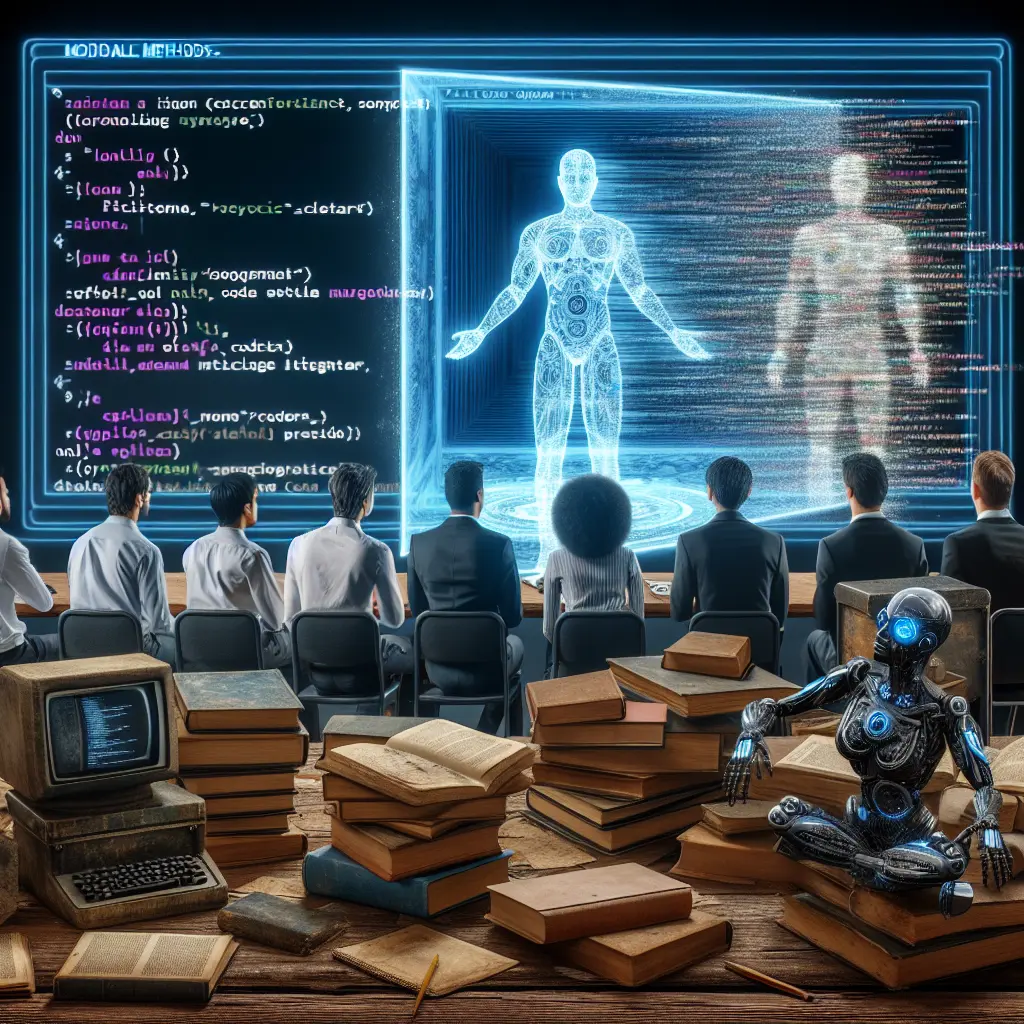

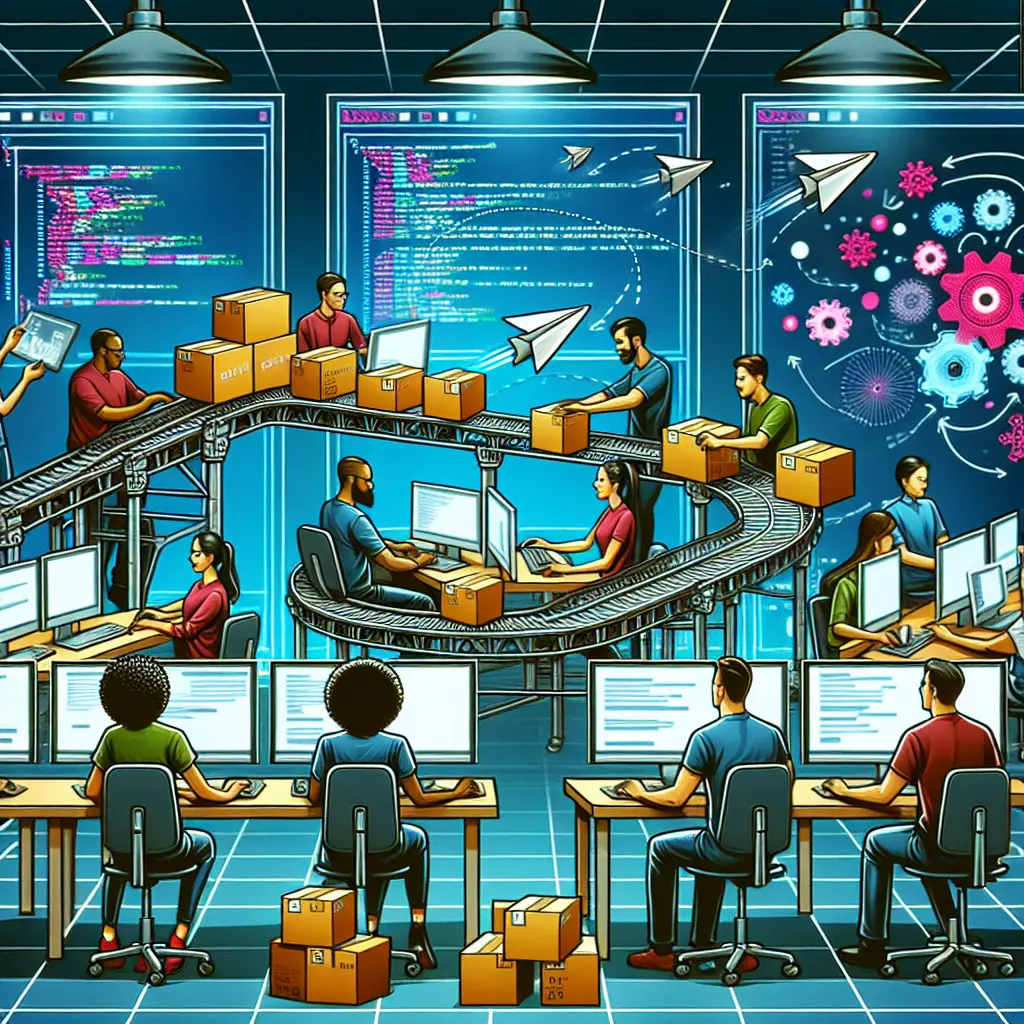
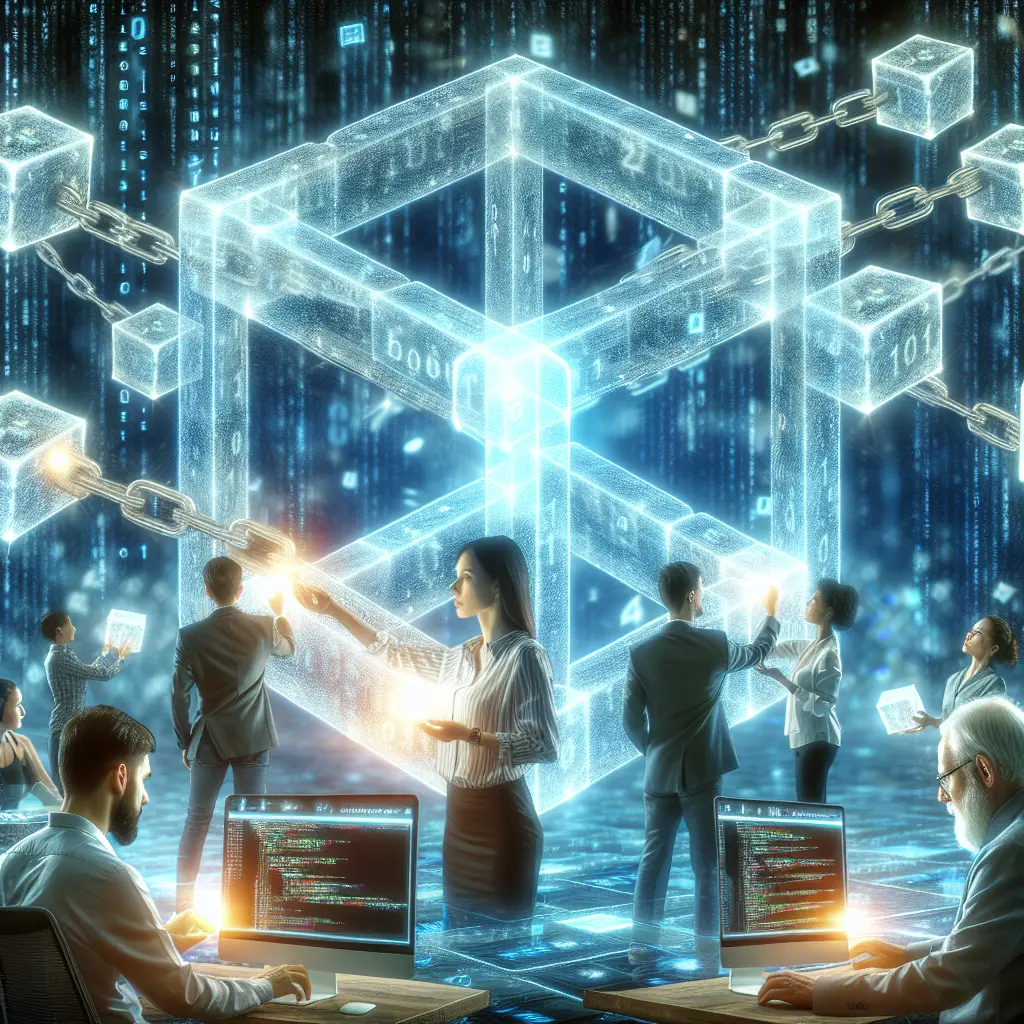

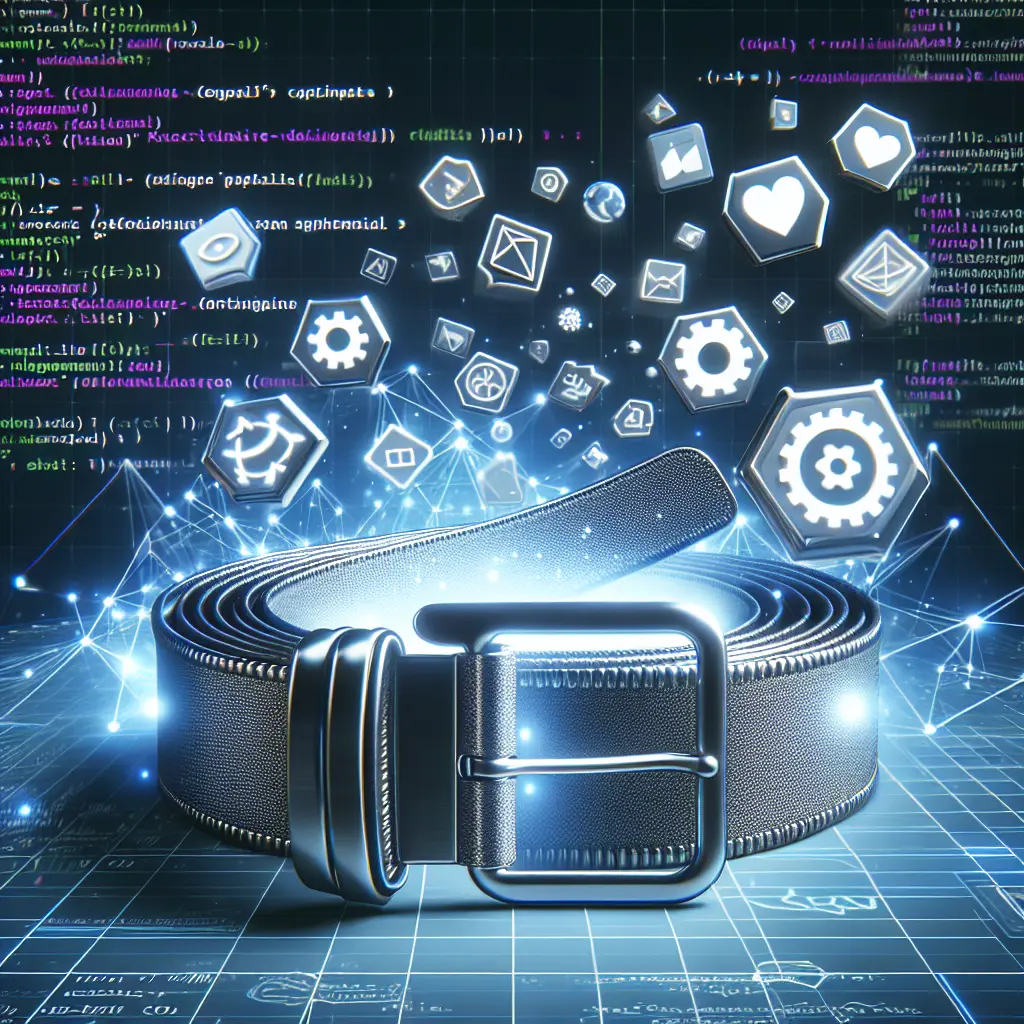
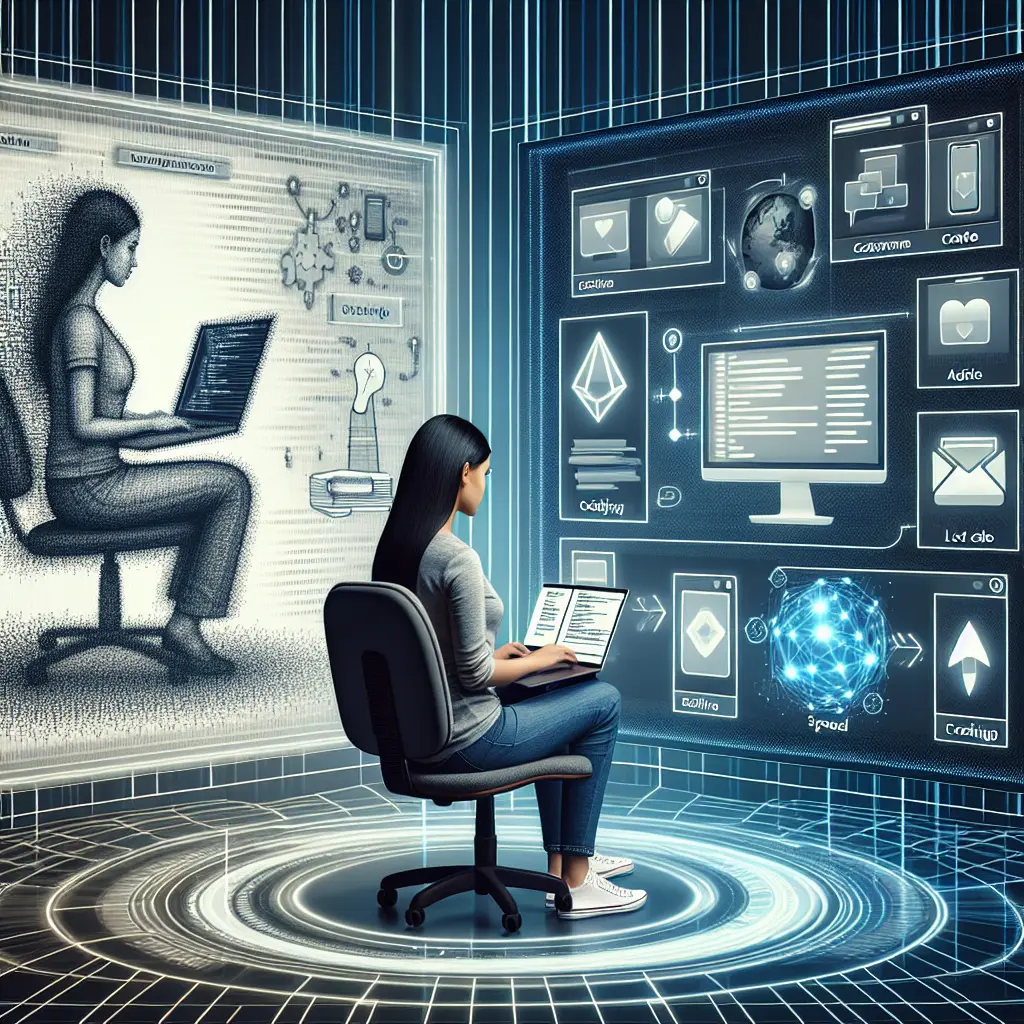
Leave a Comment